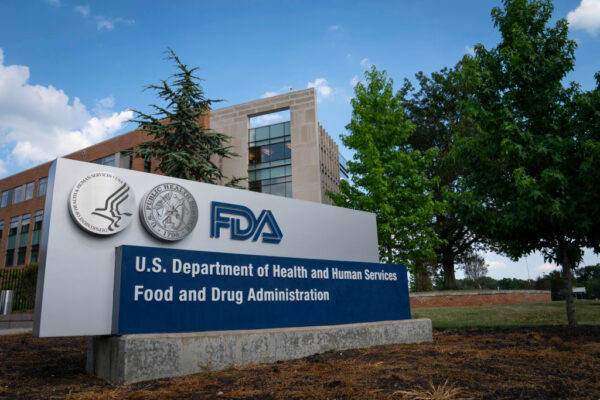
A Sanofi and AstraZeneca antibody drug designed to protect infants from developing infections from respiratory syncytial virus (RSV) has received the backing of an FDA advisory committee, moving the therapy a step closer to potential regulatory approval in the U.S.
The independent Antimicrobial Drugs Advisory Committee voted on Thursday that the benefits of the drug, nirsevimab, outweigh its risks. The FDA is not required to follow any vote of its advisory committees, but these votes and the committee discussions that precede them are taken into account as the regulator finalizes its review of a drug candidate. An FDA decision for nirsevimab is expected in the third quarter of this year.

With the Rise of AI, What IP Disputes in Healthcare Are Likely to Emerge?
Munck Wilson Mandala Partner Greg Howison shared his perspective on some of the legal ramifications around AI, IP, connected devices and the data they generate, in response to emailed questions.
Nirsevimab is an antibody that binds to a protein on the surface of the virus that it uses to enter and infect cells. The antibody is engineered to have a longer half-life, enabling it to last up to five months, spanning the entire RSV season. The injection is a drug but it protects like a vaccine. Given in the fall months of an infant’s first year of life, the antibodies confer their protection during the RSV season while infants are vulnerable because their immune systems are still developing.
“This has the potential to be a once per RSV season dosing,” Christian Felter, Sanofi’s global medical franchise–RSV, said, speaking on a Wednesday panel discussion during the BIO International Convention in Boston. “It will look and feel like a vaccine.”
The advisory committee voted 21-0 on the question of whether nirsevimab benefits newborns and infants, preventing lower respiratory disease in those born during or entering their first RSV season. In a separate vote on the question of whether the drug benefits toddlers up to 24 months of age, the vote was 19 in favor and 2 against.
Nirsevimab stems from the research of AstraZeneca, which had previously developed and commercialized Synagis, an antibody drug designed to protect premature infants from RSV. But the shorter half-life of this antibody means that an infant must receive monthly injections over the course of the RSV season. Also, this drug’s approval is limited only to babies born prematurely.
Felter said a clinical study was done comparing nirsevimab to Synagis, but this study was designed to assess safety, not efficacy. The safety of nirsevimab was comparable to Synagis. Last month, Sanofi reported data from a Phase 3b study that enrolled more than 8,000 infants and evaluated nirsevimab under real-world conditions. The results showed that compared to no RSV therapy, a single dose of nirsevimab led to an 83.2% reduction in hospitalization due to lower respiratory tract infection.
Sanofi and AstraZeneca began their partnership on nirsevimab in 2017. AstraZeneca is responsible for the development and manufacturing of the drug while Sanofi takes the lead on commercializing it. Nirsevimab was approved in Europe last November, where it carries the brand name Beyfortus.
The advisory committee vote on nirsevimab comes as several RSV products make regulatory progress. In early May, the FDA approved GSK’s Arexvy, making it the first approved RSV vaccine. Weeks later, the FDA approved Pfizer’s Abrysvo. Both approvals cover use of the RSV vaccines in adults age 60 and older.
Abrysvo is also under review as a maternal vaccine that confers protection to a baby via antibodies that are produced by the mother. In May, an FDA advisory committee voted 14 to 0 in support of the vaccine’s efficacy in protecting infants in their first six months of life. On the question of safety, the vote was 10 to 4 in favor. An FDA decision on the use of Abrysvo as a maternal vaccine is expected in August.
Photo: Sarah Silbiger, Getty Images














